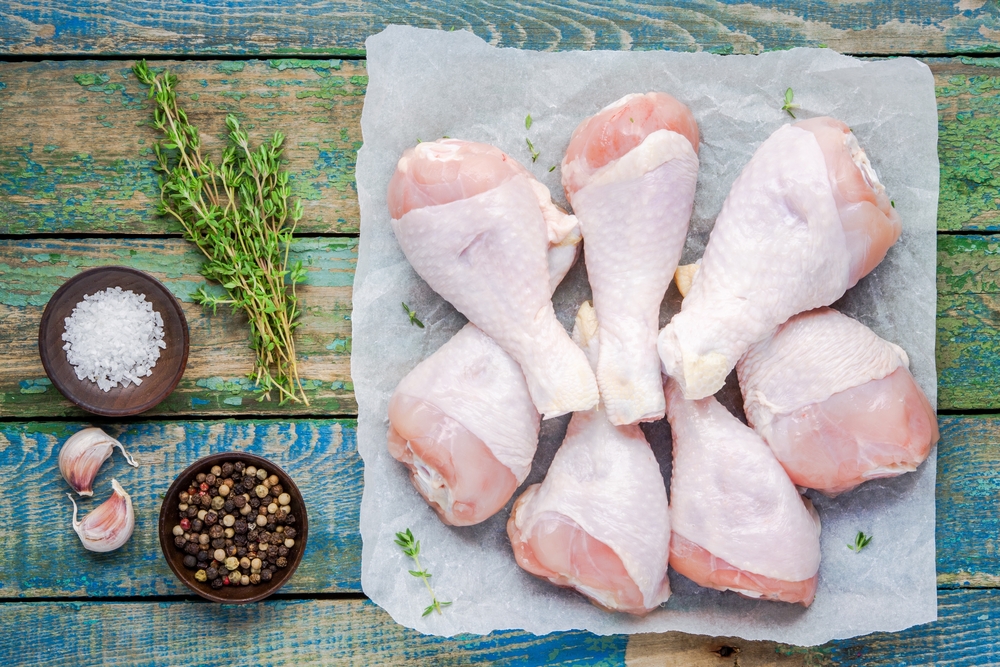Paleo for healthI've never been a huge fan of anything overly fashionable or faddish. As a teenager, if something was popular or trendy I generally wouldn't be seen within a ten mile radius. For me, being uncool was the epitome of cool. Had anyone uttered the words 'paleo diet' to me ten years ago it would have been met with a sneer of disgust and brushed to one side along with other things that irked me, like Ugg boots and fake tan.
But I have grown and learnt a lot since then (although nothing will ever convince me to embrace ugg boots or fake tan). As strange as it may sound, I consider my coeliac disease a blessing in that I have been fortunate enough to witness first hand just what a profound effect diet can have on your health and wellbeing. In fact, it's become a passion, a hobby and an obsession and one that I feel compelled to share. Only yesterday I overhead 3 ladies - at a guess in their 50's, discussing their diets on the train. One mentioned that she was anaemic. They were all declaring their contempt for vegetables, the pleasure they get from that peculiar gremlin goo of a sauce you get with your Chinese takeaway (one of them keeps this to pour over vegetables to 'make them edible') and the fact that you should eat whatever you like and abandon the veg in favour of a multi vitamin. If I hadn't been about to step off the train at that point I would have erupted in fury and proudly defended the merits of eating your veggies. More than anything, i'm astounded that people today are still that uneducated about the impact of their food choices. Why do I rave about the Paleo diet? In simple terms - it just makes sense. The premise to me seems so logical, it makes me wonder how on earth we ever digressed so drastically from that way of eating in the first place. It makes you completely re-assess what real food actually is. Paleo is not a prefix to be applied a fashionable fad diet, nor is it a quick fix for weight loss. It is a way of life that follows a set of principles for both diet and lifestyle, providing a long term solution for optimum health. The paleo way of life promotes the concept that we should be eliminating all sources of processed and unnatural foods from our diets and reverting back to the basics. It is the return to natural, unprocessed, whole foods that nourish the body instead of harming it. Contrary to popular belief, this 'caveman' diet isn't a whole lot of hard work. Nor is it purely carnivorous - far from it. Vegetables are a key player and you should aim to eat as big a variety as possible. The diet simply requires a common sense approach, and a bit of knowledge about making the right food choices. There is nothing obscure about it. There is no need to swathe yourself in fur and club a saber tooth tiger over the head to feed your family. So where did it all go wrong? Our bodies are actually very clever. They know exactly what they require to function optimally and have adapted to flourish when fed whole foods naturally bursting with essential nutrients. Foods such as meat, fish, vegetables and eggs that are so nutrient dense, provide us with all the fuel our bodies need to thrive. With the introduction of agriculture 10,000 years ago our entire food landscape and everything we knew about it changed. Now I know 10,000 years seems like a hell of a long time ago, but in evolutionary terms, this is a tiny drop in a very big ocean. Our bodies have had to adapt quickly over this time from a diet rich in nourishing, real foods to one that is heavily manipulated, highly processed, sugar laden, and gluten heavy. We have become reliant on getting our calories from a predominantly grain based, manufactured diet - pasta, bread, corn etc. Quite simply, our bodies have not evolved as fast as we would like them to, in order to keep up with our change in eating habits. Incidentally, since the introduction of modern agricultural practices, processed foods and heavily manipulated wheat, the world has seen a dramatic increase in cases of chronic diseases. Type 2 Diabetes, Autoimmune conditions (such as coeliac disease), cardiovascular disease, hormonal imbalance, and not to mention a global pandemic of obesity. These are all conditions resulting from a world that has lost touch of its roots and a basic understanding of how to feed the body. The key principles of the paleo diet are: Eat whole, nutrient dense produce. This includes all unprocessed meats (organic and grass fed where possible), all fish and seafood (wild caught where possible), Eggs (be wary with autoimmune conditions) and an abundance of vegetables (organic when possible). Eat fruits, nuts and seeds in moderation (be cautious if you struggle with FODMAPs or have an autoimmune condition) Eat generous amounts of healthy fats. Coconut oil, avocado, olive oil, clarified butter or ghee. Lard and duck fat are also great provided the come from high quality sources. Eliminate all grains and sources of gluten. ALL OF THEM. Even the ones dressed up as super foods. Eliminate all legumes. Eliminate all refined and added sugar. Honey and good quality maple syrup are ok in moderation as a sweetener. Again be mindful if you struggle with FODMAPs. Grey areas As with all diets, paleo has its variations and grey areas. There are certain foods that come up time and again and are subject to debate such as rice, dairy and white potatos. I think whether you choose to include these or not can only be based on what your body needs individually. If you have an autoimmune condition it is likely that you will want to avoid these particular foods, at least initially. Whats the point? The foods that you are encouraged to consume more of are naturally packed with essential nutrients, vital for good health. The foods you are encouraged to eliminate contribute to digestive health problems and chronic inflammation. They provide the body with less nutrients, are difficult to digest, exacerbating existing health complaints and create new ones. By embracing a whole foods paleo diet you are naturally increasing the nutrient density in your foods and at the same time eliminating toxic, processed and highly inflammatory foods that contribute to chronic disease. It really is as simple as that. As a result of these changes people often notice improved sleep, reduced allergies and food intolerances, stable weight, clear skin, more energy, and a dramatic reduction in chronic autoimmune symptoms. I am testament to all of those. It helps to reduce chronic inflammation associated with multiple diseases, supports the immune system, improves liver function and helps to balance the hormones. What's not to love? And the most exciting part is that you don't need to count a single calorie. DISCLAIMER: The information on this blog is purely based on my own thoughts, views and opinions. I am telling these stories to share my experiences with you. The information does not constitute medical advice of any kind and is not intended to substitute the advice of a medical professional. You should consult with a registered GP for guidance on any health related issues and not make any medical decisions based on the information contained within this site. I have no medical training, I am quite simply a coeliac with a story to share.
0 Comments
Leave a Reply. |
Emma CarterThis blog tells an ongoing story about me and my journey back to health and happiness. A boho soul always looking for my next European adventure. I am a Coeliac, Yogi, paleo advocate, dreamer, Bon jovi connoisseur, sun worshipper, snuggly jumper wearer and wife to my lovely Paulie. Archives
April 2017
Categories
All
|



 RSS Feed
RSS Feed